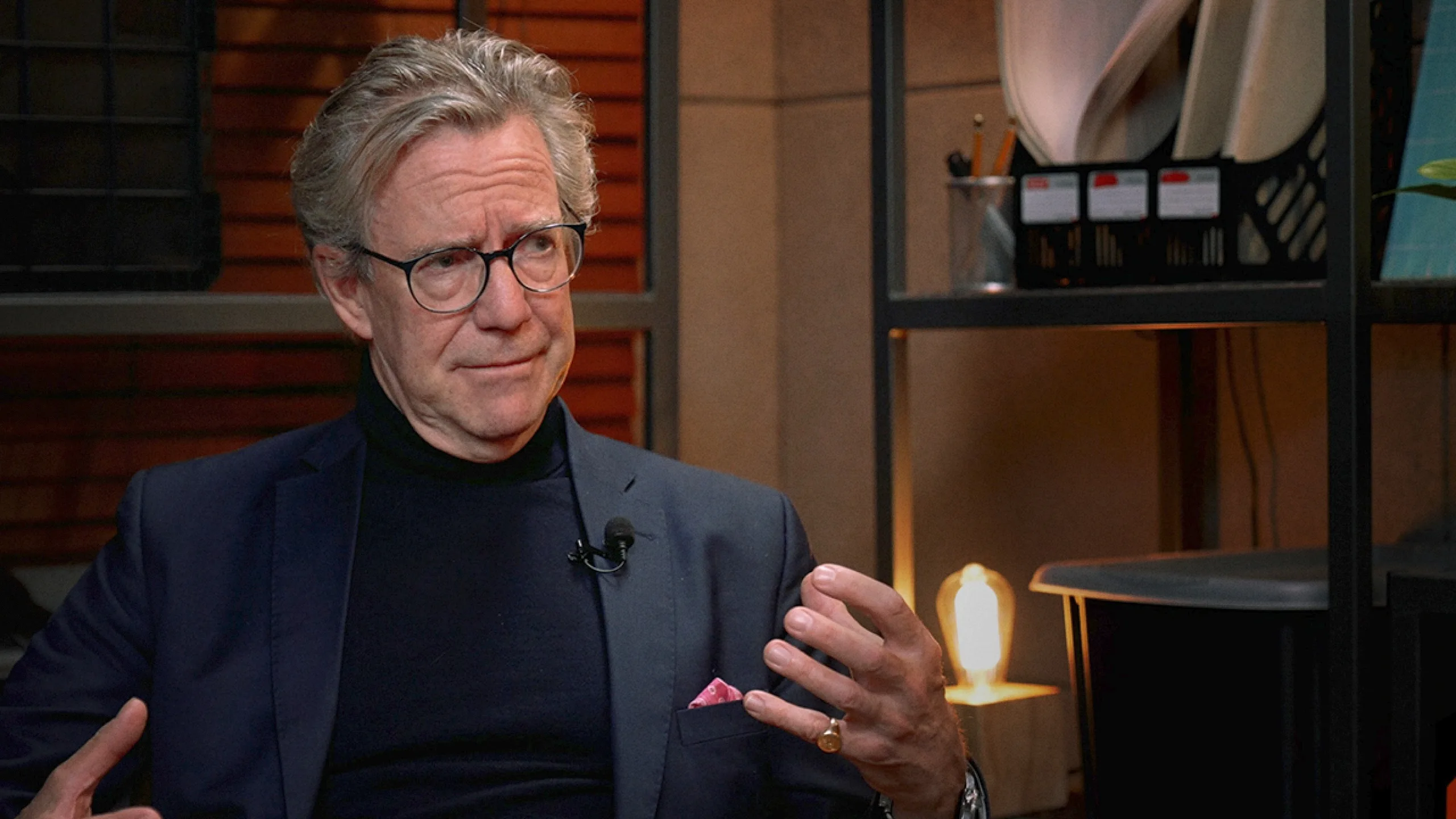This article is based on an interview with Hugo Slim, a leading expert in humanitarian aid and international law, which he gave to the Humanitarian Media Hub. In the interview, he shared his view on the uniqueness of Ukraine’s experience in addressing humanitarian challenges in times of war and how these lessons can influence international humanitarian practice.
Read the full interview with HMH:
The role of Ukrainian society in addressing the humanitarian crisis
Hugo Slim notes that one of Ukraine’s greatest strengths is the combination of a strategically organised government and a strong local civil society. Organisations such as the Ukrainian Red Cross, Caritas and others have significantly expanded their activities during the war, demonstrating efficiency and speed of response. Ukraine’s local humanitarian response has become an example of how a state can maintain humanitarian sovereignty even in critical circumstances.
International support has also played an important role. Organisations from all over the world have invested funds, shared skills and worked in partnership with Ukrainian institutions. However, as Slim points out, some international humanitarian agencies have had to adapt their approaches when faced with a sophisticated and well-organised Ukrainian response.
Read also: “I don’t want to become an Epicenter.” The story of Viktoria, who makes plates for amputee soldiers
The uniqueness of the war in Ukraine: current challenges and new realities
According to the expert, the war in Ukraine is distinguished by its scale and the use of modern technologies, such as drones, missiles and intelligence systems. This war has led to significant losses among both civilians and the military. Slim also emphasises the future challenges of integrating veterans into civilian life.
At the same time, current methods of warfare, including massive bombings of civilian cities, demonstrate the brutality and continuation of tactics that Russia has previously used in Syria. This underscores the importance of humanitarian principles in new types of warfare.
Read also: Anna Kuzmenko: “Previously, a bone marrow transplant in Ukraine was just a dream. Now it’s a reality”
Localisation: why it is important and how Ukraine has set an example
Localisation is not only a matter of efficiency, but also a moral obligation. Ukraine has proved that local structures can work faster and at lower costs to deliver humanitarian aid to those in need. However, Slim notes that not all countries can replicate this experience due to weak local institutions or corruption.
Ukraine’s approach has shown that international humanitarian organisations should not only assist in the execution of tasks, but also invest in the development of systems that will allow the country to meet its own needs.
Read also: Greenpeace Ukraine Director Natalia Gozak: “After the war, there should be a country left suitable for the life of future generations”
Prospects for the international humanitarian community
Ukraine’s experience can serve as a guide for the international community. For example, Ukrainian organisations can share their experience with other countries, adapting their approaches to local conditions. It is also important to rethink the role of international agencies, which should act more as partners than as implementers.
Slim emphasises that successful cooperation requires long-term partnerships and strategic patience. Partners should work side by side with local organisations, taking into account their needs and expertise.
Read also: Deputy Chief Coordinator of Médecins Sans Frontières in Ukraine Andriy Slavutskyi: Our task is to support access to decent medicine



